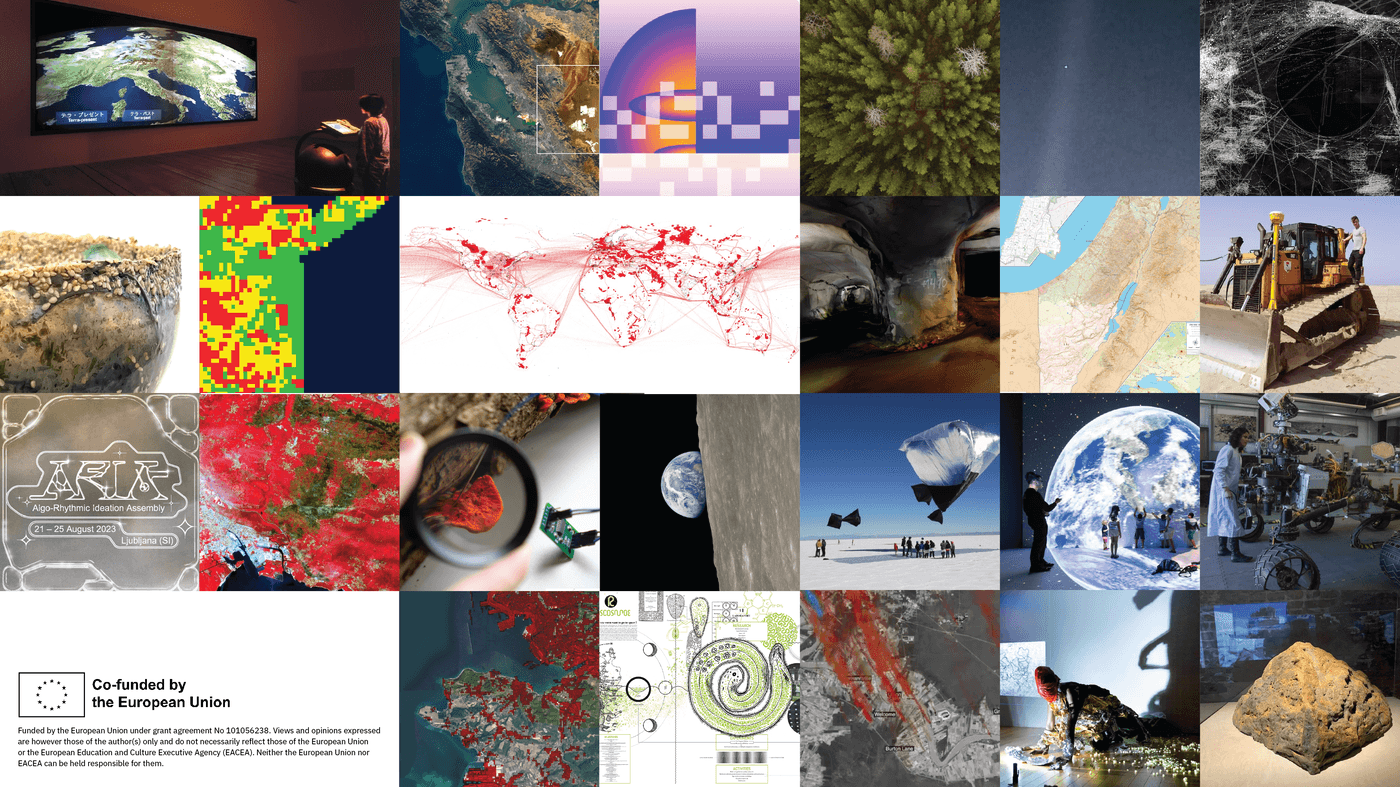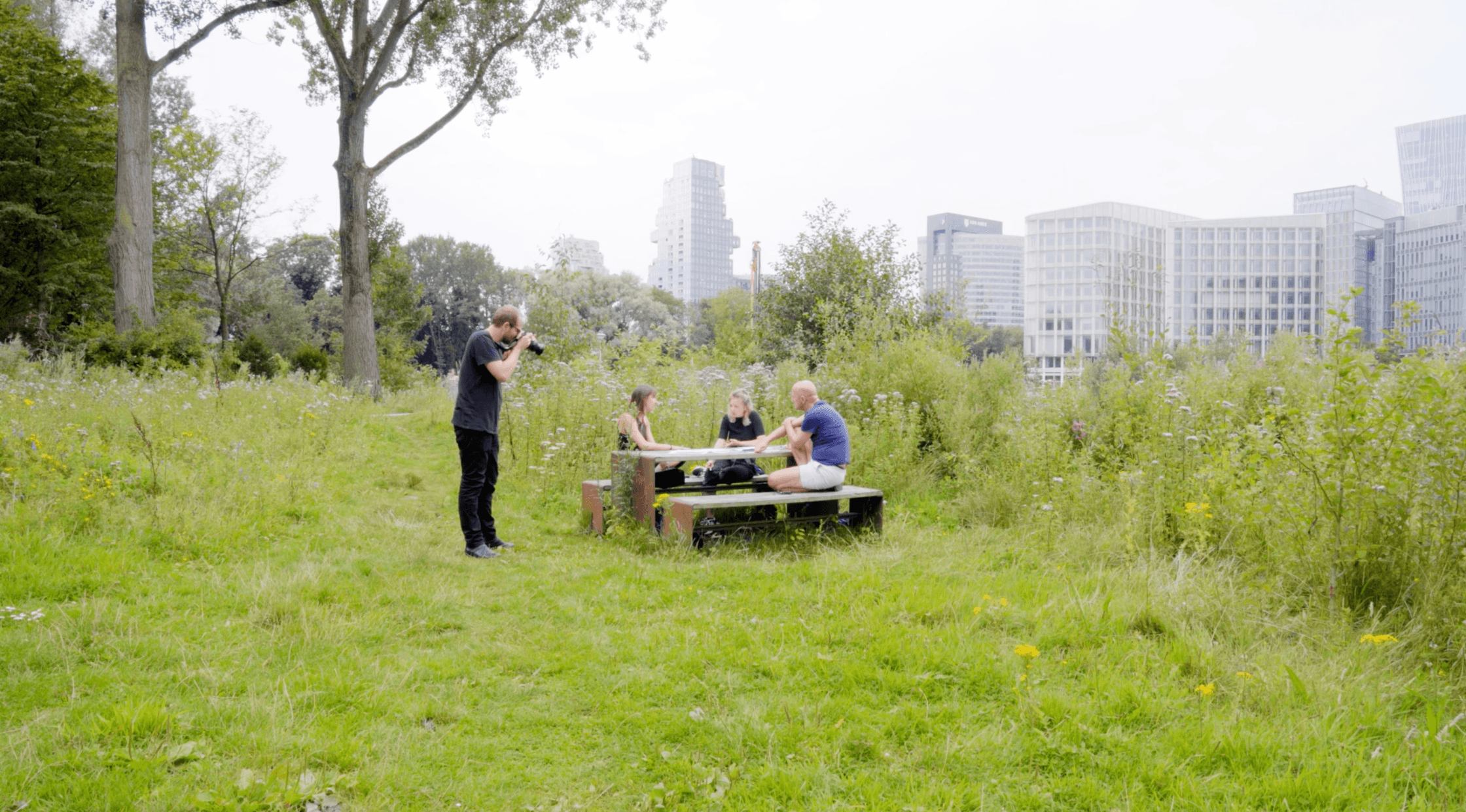Outer space is often portrayed through national and commercial achievements—from Moon landings to deep-space research. Yet, these ventures rarely incorporate civil perspectives, with influential stakeholders typically leading the conversation. Expedition to Public Outer Space, taking place on November 29th at Center Noordung in Vitanje, Slovenia, aims to rethink this framework by placing the public at the heart of discussions on the future of space exploration.
Toward a more inclusive framework for space initiatives
Organised by Waag Futurelab and KSEVT, in collaboration with More-than-Planet partners and supported by Creative Europe, this event brings together stakeholders to bridge critical knowledge gaps in current space initiatives. Through workshops and discussions, it envisions a framework incorporating art, culture, and societal perspectives into space exploration.
Workshops: highlighting diverse perspectives on space
The program offers two workshops that actively engage participants in bringing marginalised perspectives to the forefront. In the KSEVT Collection workshop, participants are invited to contribute to and explore a unique collection of publications on space-related art, culture, and the humanities. The More-than-Planet Online Library workshop provides access to lesser-known perspectives on space issues, inviting collaborative reflection and dialogue. The day concludes with a panel discussion featuring international and Slovenian experts exploring how inclusive approaches can enrich space exploration, followed by the official opening of the KSEVT Collection in Vitanje.
More-than-Planet – expanding planetary perspectives
The More-than-Planet project addresses the need to reshape how we understand and envision the planet. With 75% of Earth’s surface experiencing measurable human impact, this European initiative combines earth observation, satellite data, art, and philosophy to develop new planetary imaginaries. Although much earth observation data is open-source, raw data remains largely inaccessible to the general public. More-than-Planet examines how these data can be woven into narratives that include more-than-human life, public concerns, and climate justice.
The unique contributions of art and research
More-than-Planet collaborates with artists and researchers who illuminate ecological and space challenges in unique ways. For instance, Oceans in Transformation by Territorial Agency demonstrates how open-source oceanic data can communicate the impacts of climate change on coastal regions, making these insights accessible to a broader audience. As with Expedition to Public Outer Space, artistic and humanistic perspectives play a role, ensuring that space exploration reflects societal values.
Promoting transdisciplinary research
More-than-Planet actively promotes collaboration across disciplines through open calls, conferences, exhibitions, and publications. Examples include the More-than-Planet expo at the Old Observatory Leiden and the Space without Rockets essay collection. Its forthcoming More-than-Planet Atlas will serve as a reference for policymakers, artists, researchers, and the public, consolidating decades of collaborative work that has reshaped the role of artistic production in space contexts.
An inclusive vision for space exploration
This event provides a framework for public engagement in space exploration by linking the Expedition to Public Outer Space with More-than-Planet’s mission. It invites artists, researchers, and the public to shape an inclusive and forward-thinking vision for space exploration actively.


